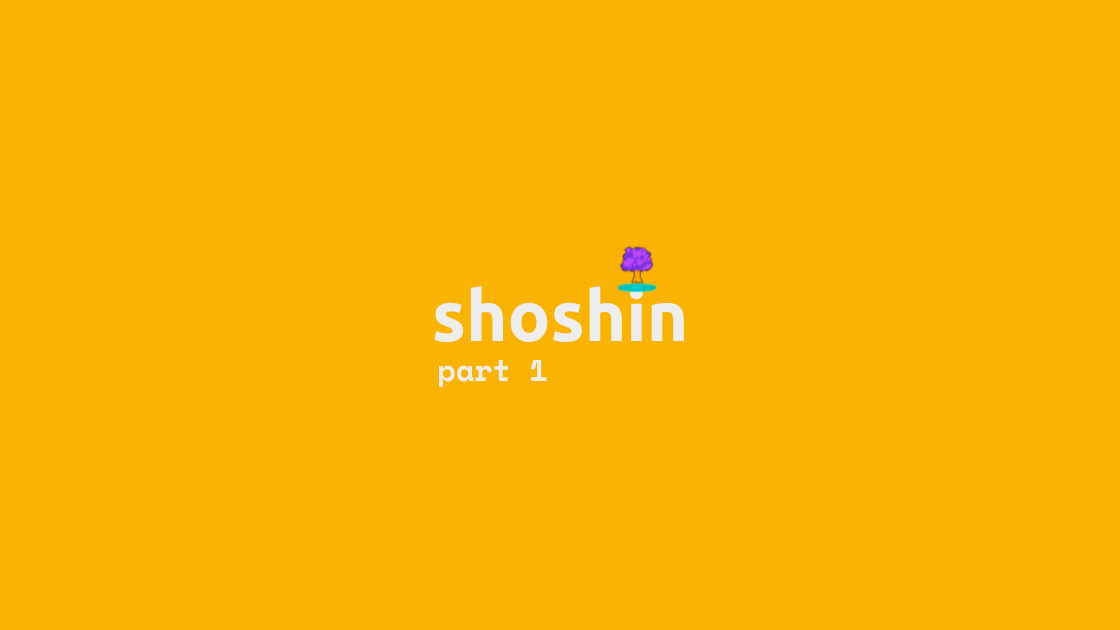Rediscovering a Beginner’s Mind in the Modern Workplace
In a world that prizes expertise and specialization, the Zen Buddhist concept of Shoshin, or “beginner’s mind,” invites us to embrace a different perspective—one that values openness, eagerness, and a lack of preconceptions. As we navigate the complexities of the modern workplace, Shoshin offers a refreshing approach to learning, innovation, and collaboration.
Understanding Shoshin
Shoshin is about approaching every situation as if for the first time, regardless of our actual level of expertise. This mindset encourages a humble acceptance of our limitations and a continuous quest for growth. In the context of work, it means looking beyond our accumulated knowledge and experiences to see things with fresh eyes, fostering a culture of continuous learning and adaptability.
Shoshin and Continuous Learning
The rapid pace of technological advancement and the ever-evolving demands of the marketplace make adaptability and lifelong learning crucial for career longevity. Shoshin reminds us that even in areas where we consider ourselves experts, there is always more to discover. This mindset not only enhances personal growth but also contributes to a more dynamic and innovative workplace.
For instance, a software developer with years of experience in a particular programming language might adopt a beginner’s mind to explore a new framework, uncovering innovative solutions to existing problems. Similarly, a marketing professional could approach a well-worn campaign strategy from a new angle, discovering fresh ways to engage audiences.
Practical Steps to Cultivate Shoshin
Embrace Curiosity: Make a conscious effort to question and explore, rather than accept things at face value. Ask “why” and “what if” questions to deepen your understanding and uncover new possibilities.
Practice Mindfulness: Mindfulness techniques can help clear away preconceptions, allowing you to engage more fully with the present moment. This can be as simple as taking a few deep breaths before starting a new task or meeting.
Step Outside Your Comfort Zone: Regularly challenging yourself with new tasks, roles, or projects can foster a beginner’s mindset. This might mean volunteering for a project outside your usual remit or learning a new skill unrelated to your current expertise.
Seek Feedback: Encourage colleagues to provide honest feedback and view it through the lens of Shoshin, as an opportunity to learn and grow rather than a critique of your abilities.
By integrating these practices into our daily work lives, we can begin to cultivate Shoshin, leading to increased creativity, problem-solving abilities, and job satisfaction. In the next part of this series, we’ll explore how Shoshin impacts collaboration and team dynamics, further illustrating its transformative potential in the modern workplace.
The concept of Shoshin extends beyond personal development, influencing how teams function and innovate together. By fostering an environment where ideas are freely shared, and failures are seen as learning opportunities, organizations can unlock new levels of creativity and efficiency. Stay tuned as we delve deeper into the role of Shoshin in fostering team innovation.







